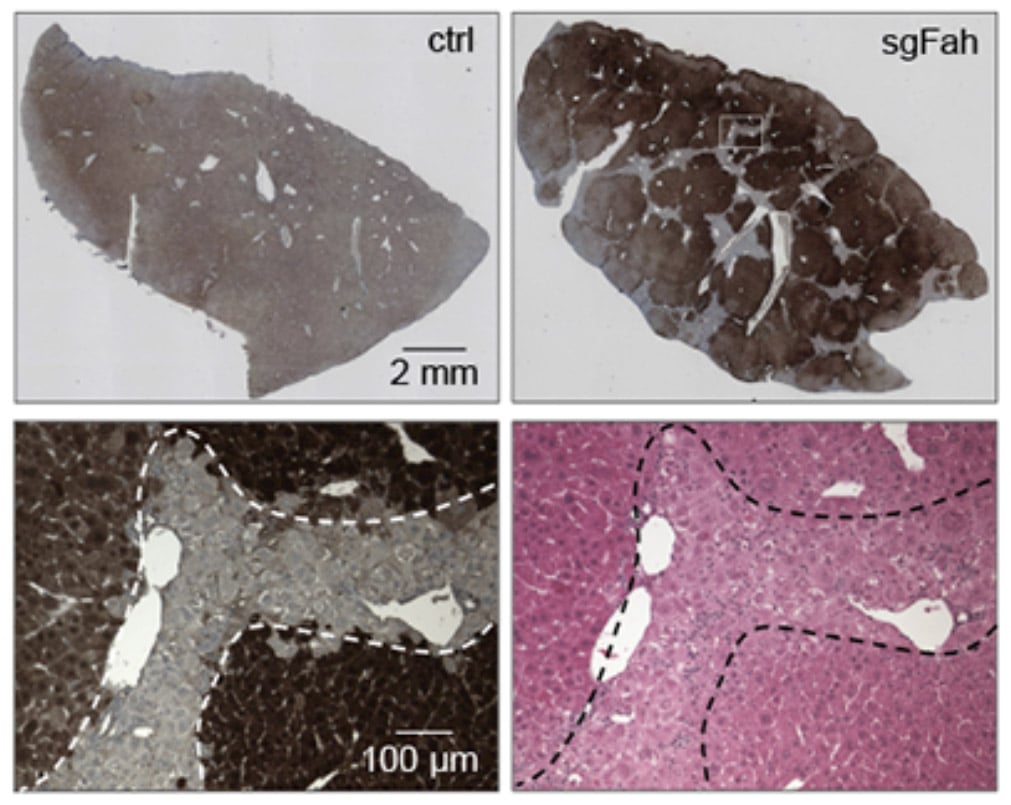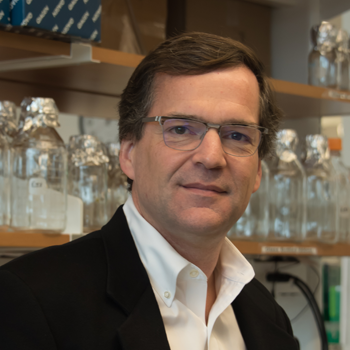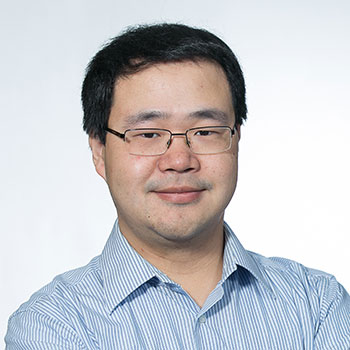Hereditary Tyrosinemia Type I Investigator

Guangping Gao, PhD
Co-Director, Li Weibo Institute for Rare Diseases Research, Director, Horae Gene Therapy Center and Viral Vector Core, Professor of microbiology and physiological systems, Penelope Booth Rockwell Professor in biomedical Research
Gao LabClinical Trials
At the Li Weibo Institute for Rare Diseases Research, our researchers and clinicians are dedicated to finding new treatment options for patients. Our clinical trials program is another way we continue to advance treatments and make new discoveries. If you or someone you know may be interested in a clinical trial, please subscribe for updates and you will be notified when we open up a new trial.




